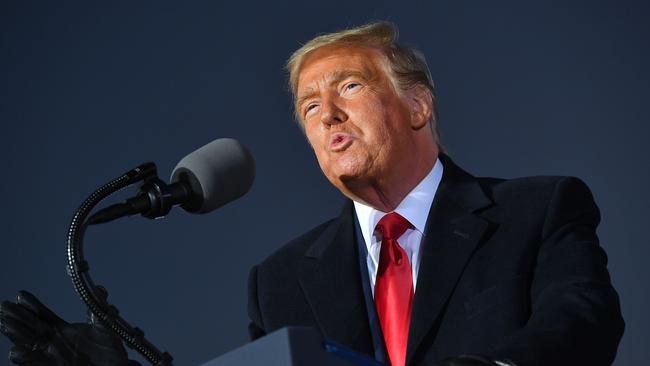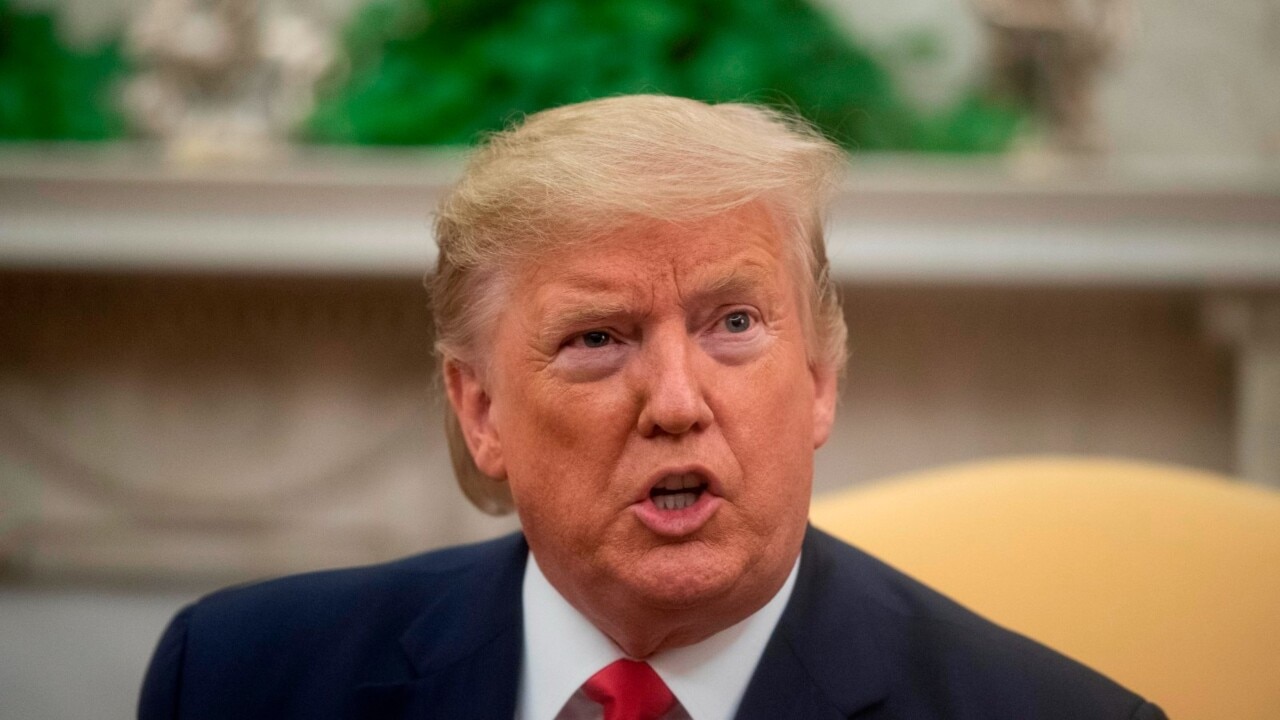What are criminal referrals? What to know about January 6 committee considerations for Donald Trump, allies

A decision by the panel to recommend prosecution against a former president would be a remarkable step but also a largely symbolic one.
Here is a look at how criminal referrals work.

What is a criminal referral from Congress?
Congress has no power to bring any charges or initiate a criminal investigation. It can, however, call for the Justice Department to launch a probe. Such a request is known as a criminal referral, in which members essentially send letters to the Justice Department laying out what they view as evidence of potential crimes. Such requests hold no legal weight, as Congress has no formal say in Justice Department decisions. But they can send a message that the committee believes those it has cited for criminal referral committed specific crimes. And by offering a kind of road map for a potential criminal case, referrals could put pressure on Attorney-General Merrick Garland to bring a prosecution, though he has repeatedly said the Justice Department’s work isn’t being influenced by the January 6 panel.
The fourth and final statute we invoke for referral is Title 18 Section 2383. This statute applies to anyone, who incites, assists, or engages in insurrection against the United States, and anyone who “gives aid or comfort†to an insurrection. pic.twitter.com/pgEALKK2Vp
— January 6th Committee (@January6thCmte) December 19, 2022
Whom might the January 6 committee refer?
The panel announced a Monday afternoon hearing that is expected to include votes on criminal and ethical referrals, potentially for members of Congress or former members of the Trump administration who stymied the committee’s investigation. For example, the panel is likely to consider whether to refer John Eastman, a lawyer who advanced a fringe legal theory after Mr Trump’s loss to President Joe Biden.
The committee already argued in court filings that Mr Eastman committed crimes by seeking to overturn the results of the 2020 presidential election. A lawyer for Mr Eastman didn’t immediately respond to a request for comment.
The panel has indicated it could issue both criminal and civil referrals against people it believes broke the law or committed ethics violations. Referrals can be sent to several bodies beyond the Justice Department, including bar associations, the House Ethics Committee and the Federal Election Commission, which could also mete out sanctions if it agrees with the committee’s findings.
How seriously does the Justice Department take a referral?
Criminal referrals aren’t often the main reason why federal prosecutors open an investigation and typically have no direct impact on their work. The Justice Department is already conducting its own, separate probe into the riot at the Capitol and the efforts of Mr Trump and his allies to undo his election loss. Mr Garland this past month appointed special counsel Jack Smith to oversee portions of the sprawling probes that involve Mr Trump, and legal experts say a criminal referral is unlikely to affect that work.
In addition, the Justice Department already knows much of what the committee has found. Mr Garland said prosecutors watched each of the widely televised hearings put on by the committee, and they have interviewed many of the same witnesses. The Justice Department is still asking the committee to hand over transcripts of thousands of interviews it conducted, viewing them as crucial to its own investigation.
Once a referral is sent to the Justice Department, prosecutors then need to independently weigh whether the actions outlined amounted to crimes.
In the days after January 6th, Trump spoke to several different advisors, and in those conversations, he minimized the seriousness of the attack.
— January 6th Committee (@January6thCmte) December 19, 2022
Here is new testimony from another one of the President’s senior advisors, Kellyanne Conway. pic.twitter.com/l4u7NRWVpW
What has happened when the committee issued referrals before?
The committee’s criminal referrals have had mixed outcomes. Congress issued four referrals involving Trump associates who it said failed to fully comply with subpoenas seeking documents and testimony.
The department chose to prosecute just two of them – former Trump adviser Peter Navarro and strategist Steve Bannon, who were both indicted on charges of contempt of Congress. Mr Navarro has pleaded not guilty, and his trial is set for January. Mr Bannon was convicted and sentenced to four months in prison though a judge allowed him to remain free while he appeals his conviction. Both cited concerns about violating executive privilege, a legal doctrine that protects the confidentiality of some White House communications.
Prosecutors declined to charge two others, Mr Trump’s former chief of staff Mark Meadows, and Dan Scavino, the deputy chief of staff for communications in the Trump White House. Unlike Messrs Navarro and Bannon, both Mr Meadows and Mr Scavino engaged in some co-operation with the committee before cutting off talks.
Now that the committee’s probe has wrapped up, it will likely issue referrals for crimes aside from contempt of Congress, including potentially fraud, obstruction of Congress and possibly campaign finance offences.
WALL STREET JOURNAL




The House committee investigating the January 6, 2021 attack on the Capitol plans to wrap up its year-and-a-half inquiry by asking the Justice Department to investigate and potentially bring criminal charges related to its probe, including possibly against former President Donald Trump.